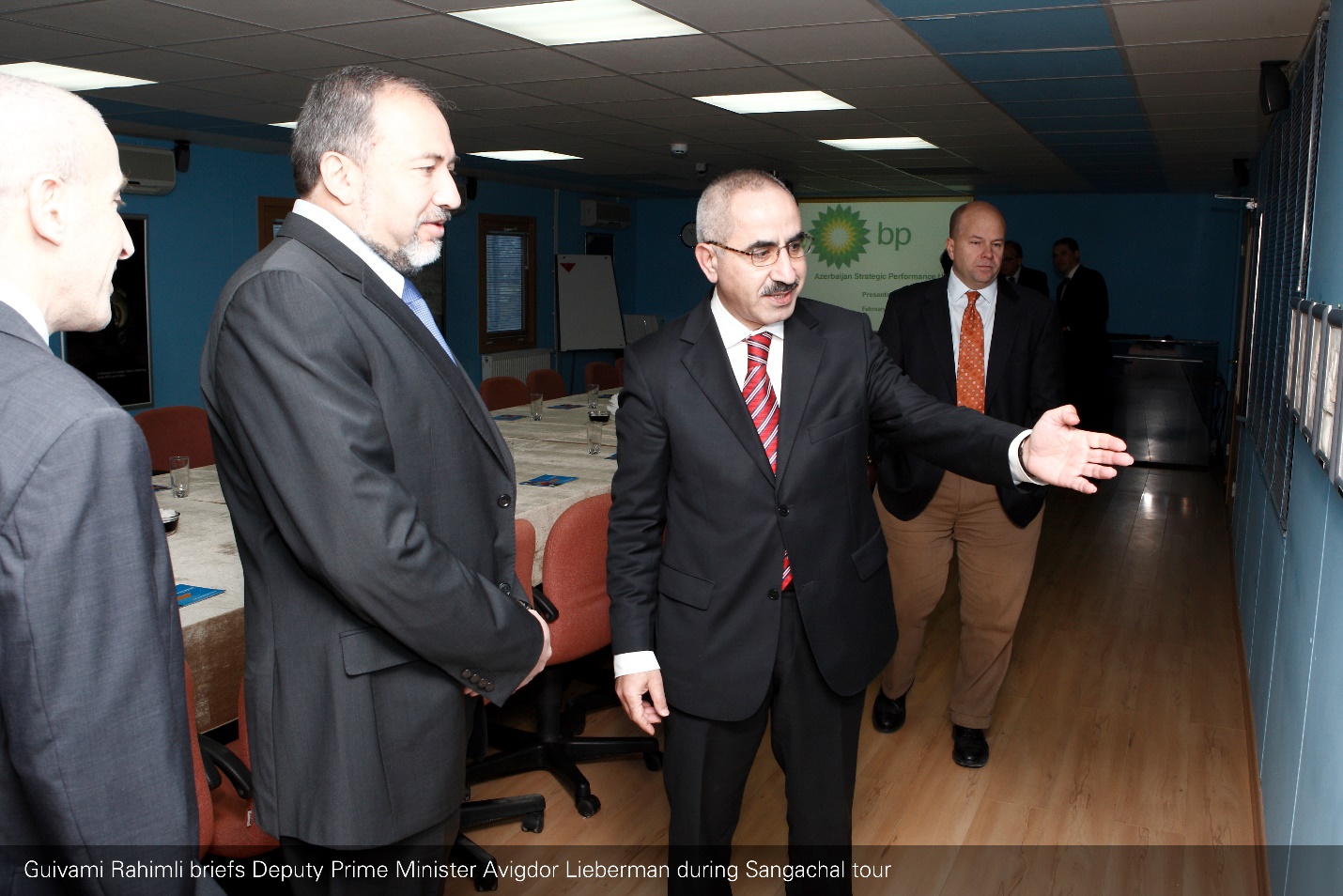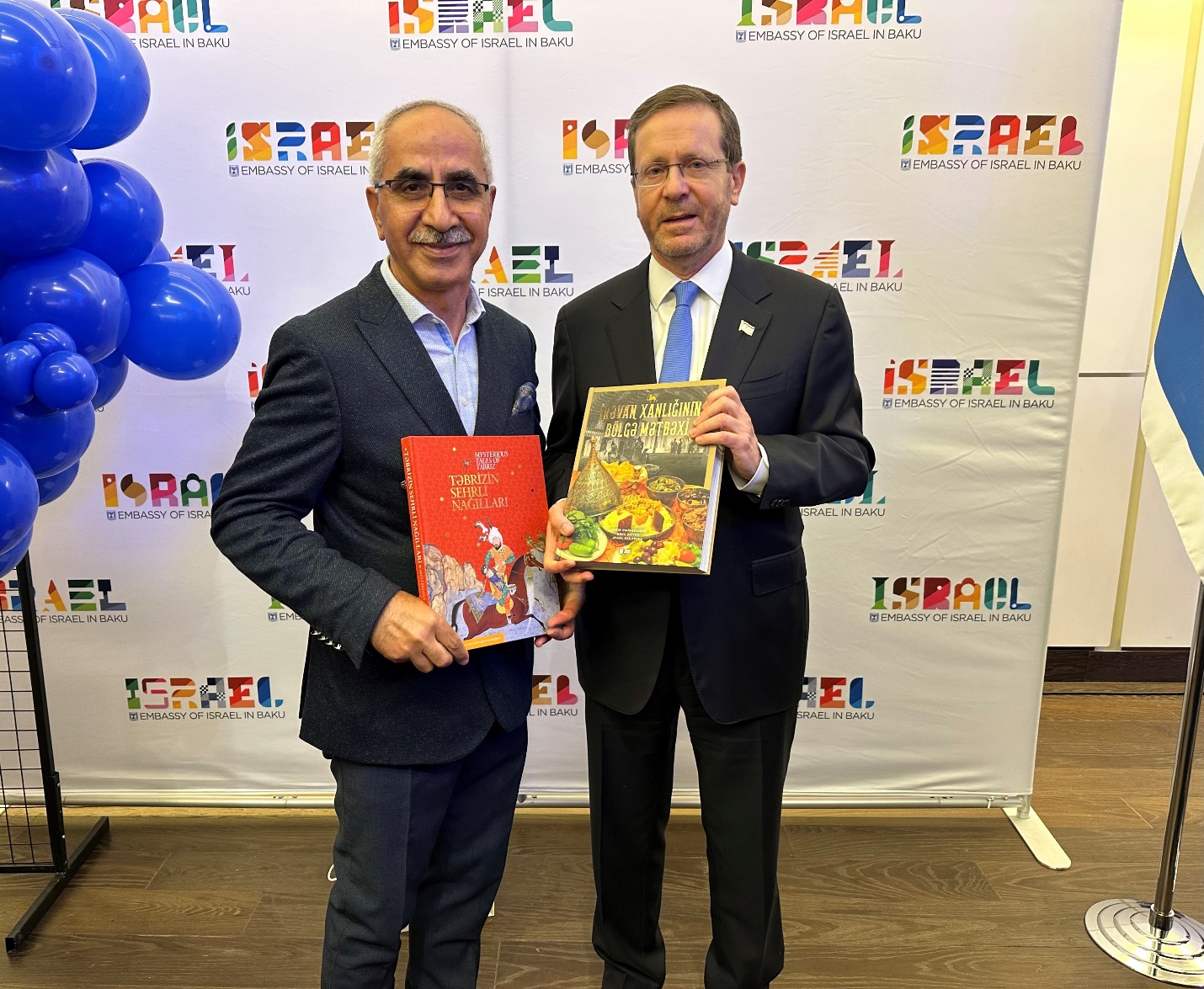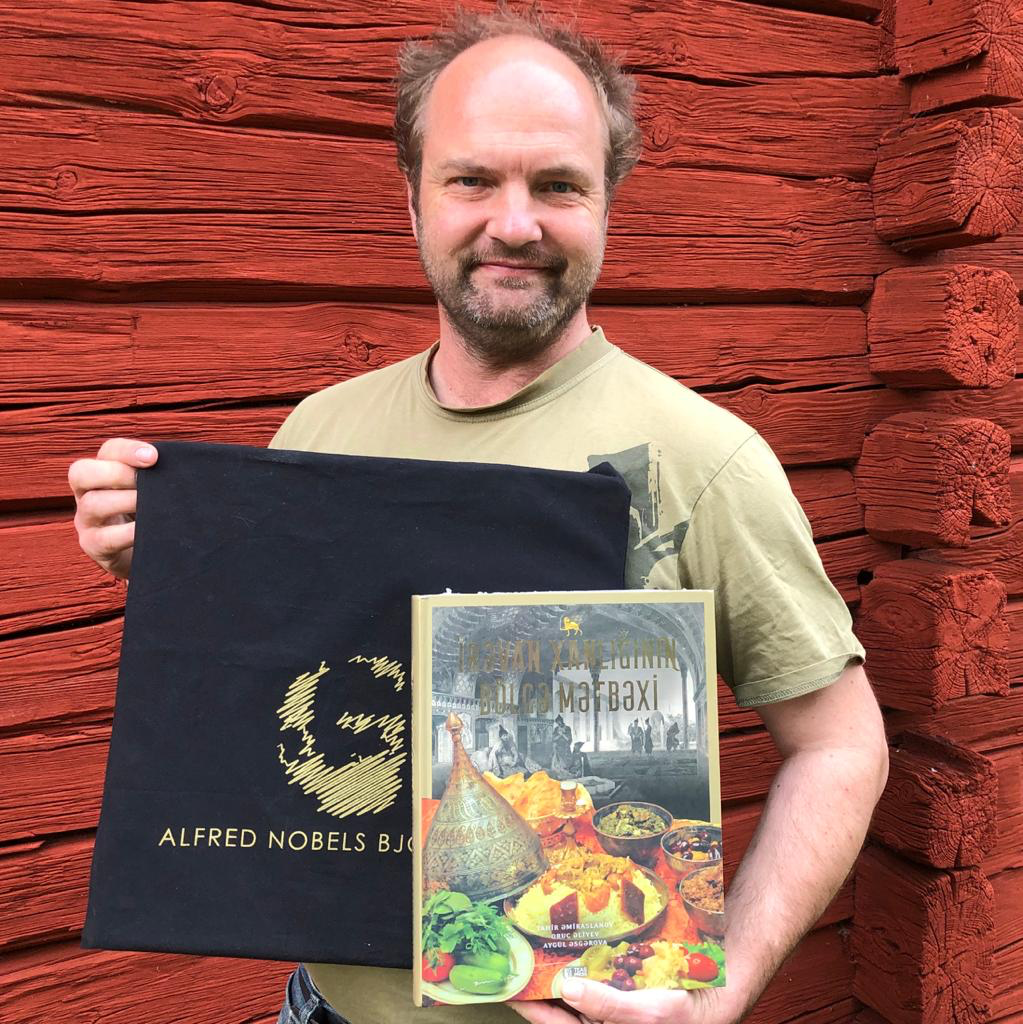
Former Chief Rabbi of Israel Meir Lau
Former Chief Rabbi of Israel Lau at PACE Speech: "Azerbaijan, Remember This Name... A Country of Religious Tolerance and Peaceful Coexistence..."
Antisemitism has been a significant part of Jewish history, leading to waves of refugees across Europe. In the Middle Ages, thousands of Jews fled persecution and massacres in France, Spain, Portugal, and other European countries, finding refuge in the Ottoman Empire.
The unification of Germany in 1871 and the collapse of the multinational Ottoman Empire in 1922 led to a new manifestation of antisemitism, culminating in the horrors of Nazi extermination camps during World War II.
On January 29, 2025, PACE commemorated International Holocaust Remembrance Day, marking 80 years since the liberation of the Auschwitz death camp and honoring the millions of Jews who perished during Nazi terror. The event was attended by Council of Europe Secretary General Alain Berset, Luxembourg’s Prime Minister Luc Frieden, and representatives of the largest political parties in PACE.
Dr. Qivami Rahimli, who teaches courses on multilateral and regional diplomacy and energy security at Baku State University (BSU), highlights key points from former Chief Rabbi of Israel Meir Lau's speech at the Parliamentary Assembly of the Council of Europe (PACE) dedicated to International Holocaust Remembrance Day.
In his speech, Holocaust survivor and former Chief Rabbi of Israel Meir Lau stated:
"...This commemoration sheds light on one of the darkest pages in European history. We must never forget that these unimaginable crimes were committed in Europe by Europeans. We must also remember that the Council of Europe was founded out of a firm determination to prevent the horrors of World War II from ever happening again."
Having lost both parents in the Holocaust, Rabbi Lau emphasized Azerbaijan’s long-standing tradition of religious tolerance and peaceful coexistence amid rising global antisemitism:
“...Today, I want to mention a country that is an old friend of Israel: Azerbaijan, a Muslim-majority state with deep historical ties to the Jewish people and Israel. Today, Azerbaijan stands shoulder to shoulder with Israel against evil. The Azerbaijani people have never committed violence against the Jews living on their land throughout their millennia-old history. Moreover, during the Holocaust, over 55,000 Jews escaped the massacre by finding refuge in Azerbaijan.
...We must also remember and express our gratitude to those who have love and brotherhood in their hearts for the people of Israel.”
Rabbi Lau's remarks about Azerbaijan before representatives of the 46 PACE member states were far from coincidental.
For over 30 years, Israel and Azerbaijan have maintained mutually beneficial diplomatic relations. Cooperation between the two countries spans energy, agriculture, technology, and military-technical fields, built on centuries-old religious tolerance, mutual respect, and coexistence between Azerbaijanis and Jews. Today, Israel supports Azerbaijan’s demining operations in regions liberated from Armenian occupation, where nearly one million landmines were laid before the 2020 war.

Israeli officials have repeatedly visited Azerbaijan over the years. Among them, Avigdor Lieberman, a prominent Israeli statesman who has visited Baku five times, once stated:
"Azerbaijan is more important to Israel than France."
Israeli President Isaac Herzog’s historic visit to Azerbaijan in May 2023 marked a significant milestone in strengthening bilateral ties. The visit not only reinforced 30 years of robust cooperation between the two nations but also coincided with Israel’s 75th Independence anniversary.
During a ceremony at the Heydar Aliyev Center celebrating Israel’s 75th Independence Day, President Herzog received gifts reflecting Azerbaijan’s historical and cultural heritage—two books titled "The Magical Tales of Tabriz" and "The Regional Cuisine of the Irevan Khanate."

Project leader Qivami Rahimli noted that "The Magical Tales of Tabriz" plays a crucial role in promoting Azerbaijani cultural heritage worldwide. In the Middle Ages, books were regarded as the most valuable gifts, serving as bridges between countries and peoples. This book, which highlights Azerbaijani miniature art, has been presented to many international figures as a precious gift.
The other book, "The Regional Cuisine of the Irevan Khanate," is the result of extensive research and is based on historical and ethnographic sources. It examines the ancient culinary traditions of Azerbaijanis native to Western Azerbaijan (present-day Armenia). One of the book’s key contributions is its inclusion of historical documents from the Georgian National Museum and photographs by Russian orientalist-photographer D.I. Yermakov, depicting the Sardar Palace, Irevan mosques, caravanserais, and other architectural monuments of the Irevan Khanate.

Winner of an international competition in Paris, "The Regional Cuisine of the Irevan Khanate" is currently exhibited at the Alfred Nobel House-Museum in Sweden.
Expressing his gratitude upon receiving these gifts, President Herzog praised the "unique Jewish heritage" in Azerbaijan and commended the "shared vision of peace between Jews and Muslims and the love and affection between our peoples."













Leave a review